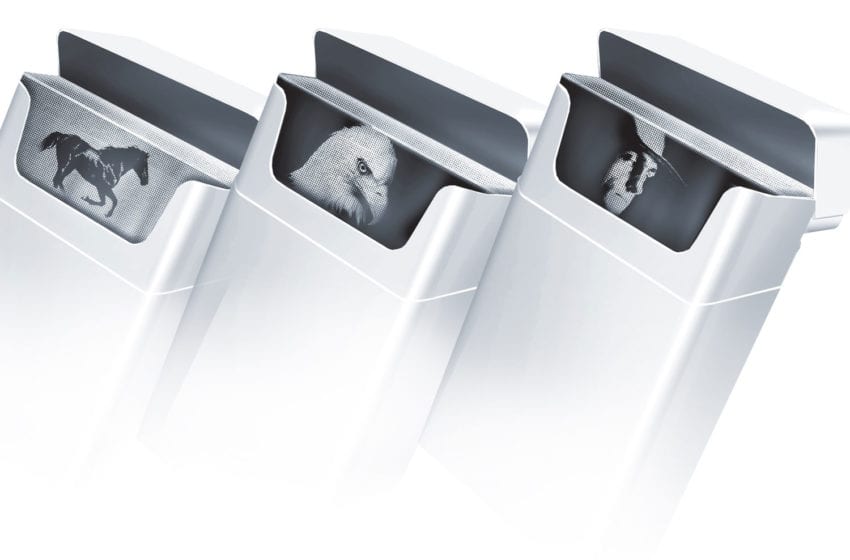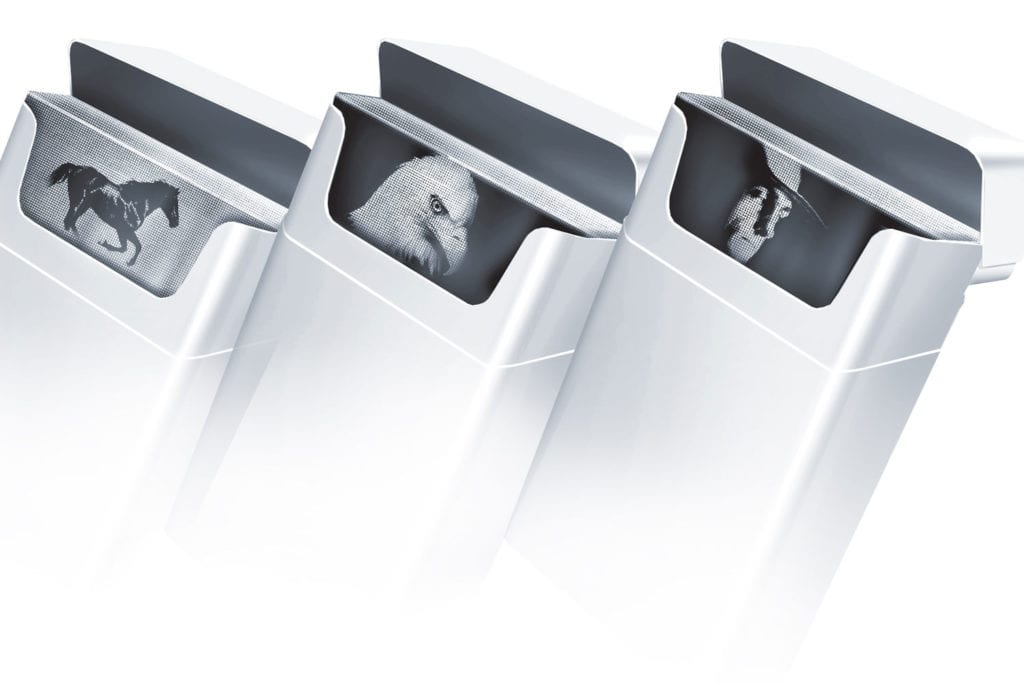Tobacco Packaging Innovations Under Fire
- Featured News This Week Packaging
- August 14, 2022
- 0
- 2 minutes read


The tobacco industry has been developing innovative packaging to minimize the impact of regulatory requirements such as graphic health warnings, particularly in low- and middle-income countries, according to a study published in BMJ Innovations.
Mounting restrictions on tobacco advertising have made the tobacco pack an increasingly important tool for the industry to communicate with its customers. Cigarette packs in effect act as miniature billboards for the product.
Confronted with requirements to print large health warning labels that leave less space for branding, tobacco companies have found ways to maximize and even increase the space available for marketing on packs, according to the study’s authors. Examples include inserts, sliding flip tops and butterfly panels exposing additional surfaces upon opening.
These surfaces often feature bright colors and patterns, intricate imagery, shiny and textured surfaces, and holograms to appeal to customers, according to the authors. The extra “real estate” can be used to include information about contests or marketing appeals and QR codes that lead current and potential smokers to websites that include engagement strategies.
In addition to examples of packaging innovations—which are generally legal—the authors also cite evidence of explicit manipulation of health warnings. Smokeless tobacco packs purchased in India in 2017, for example, featured blurred, stretched and tinted labels. Health warning labels on cigarette packs purchased in Pakistan in 2019 and 2020 were tinted, faded, blurred. In some instances, the background color was changed and the size of throat cancer included in the image was reduced.
The authors did not consider the possibility that some distortions might be a result of poor printing quality rather than deliberate manipulation.
To prevent the industry from developing packaging that reduces the impact of health warnings, the researchers urged lawmakers to require standardized tobacco packs in their jurisdictions.
